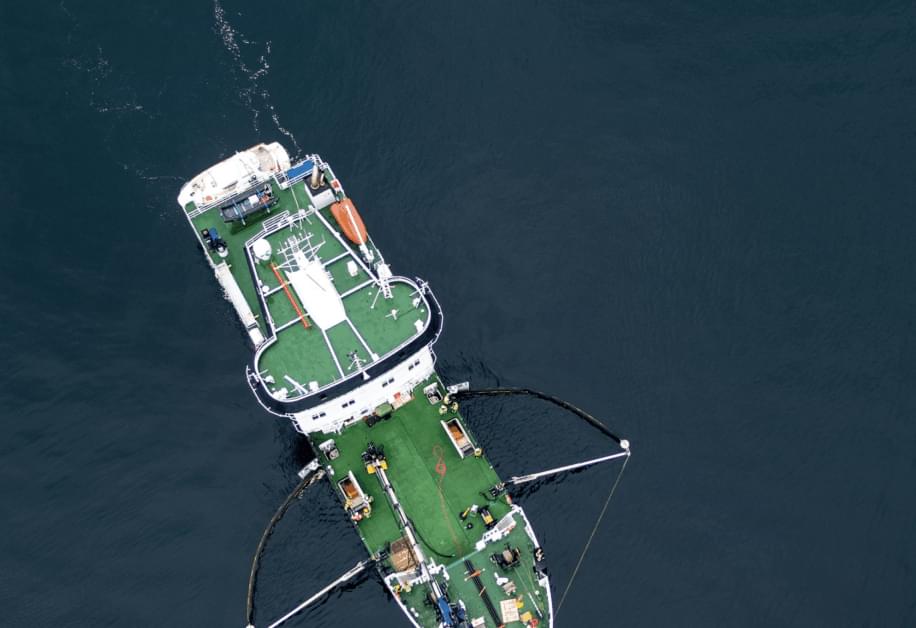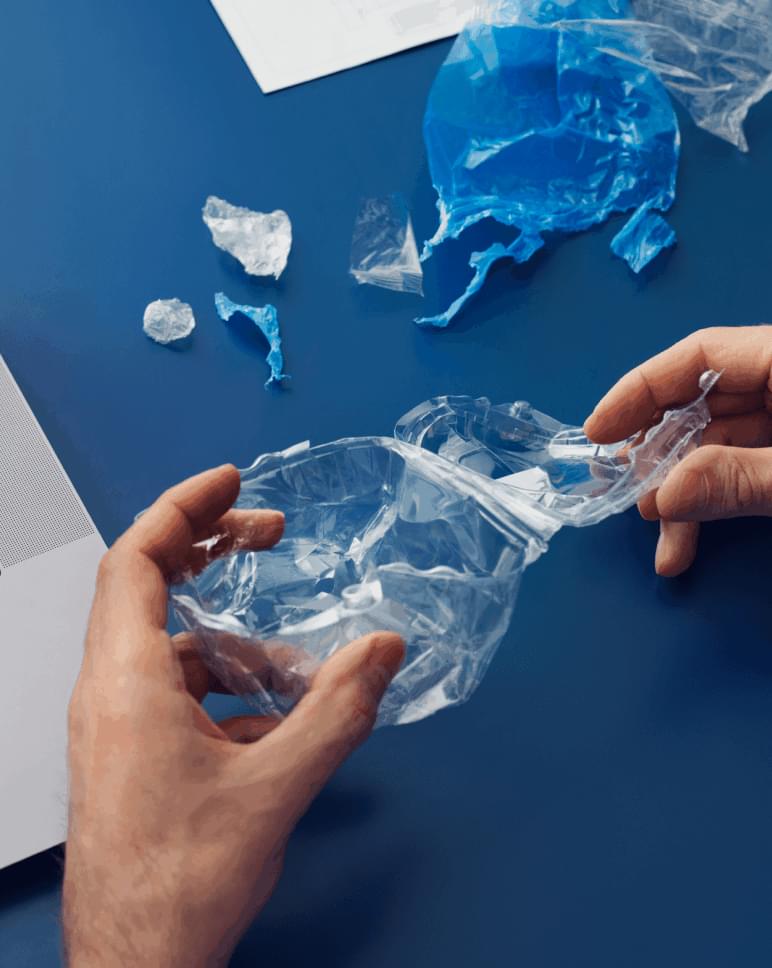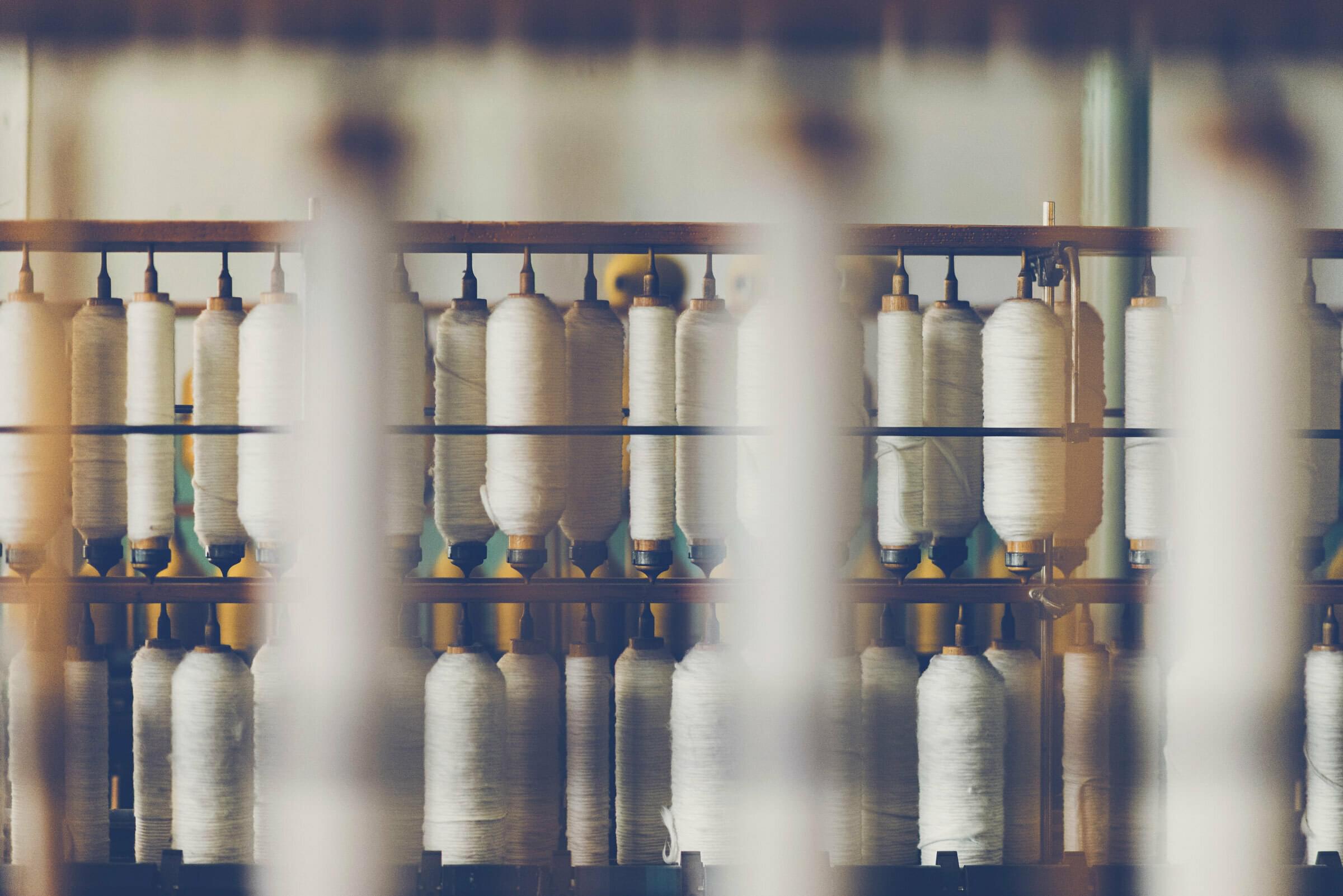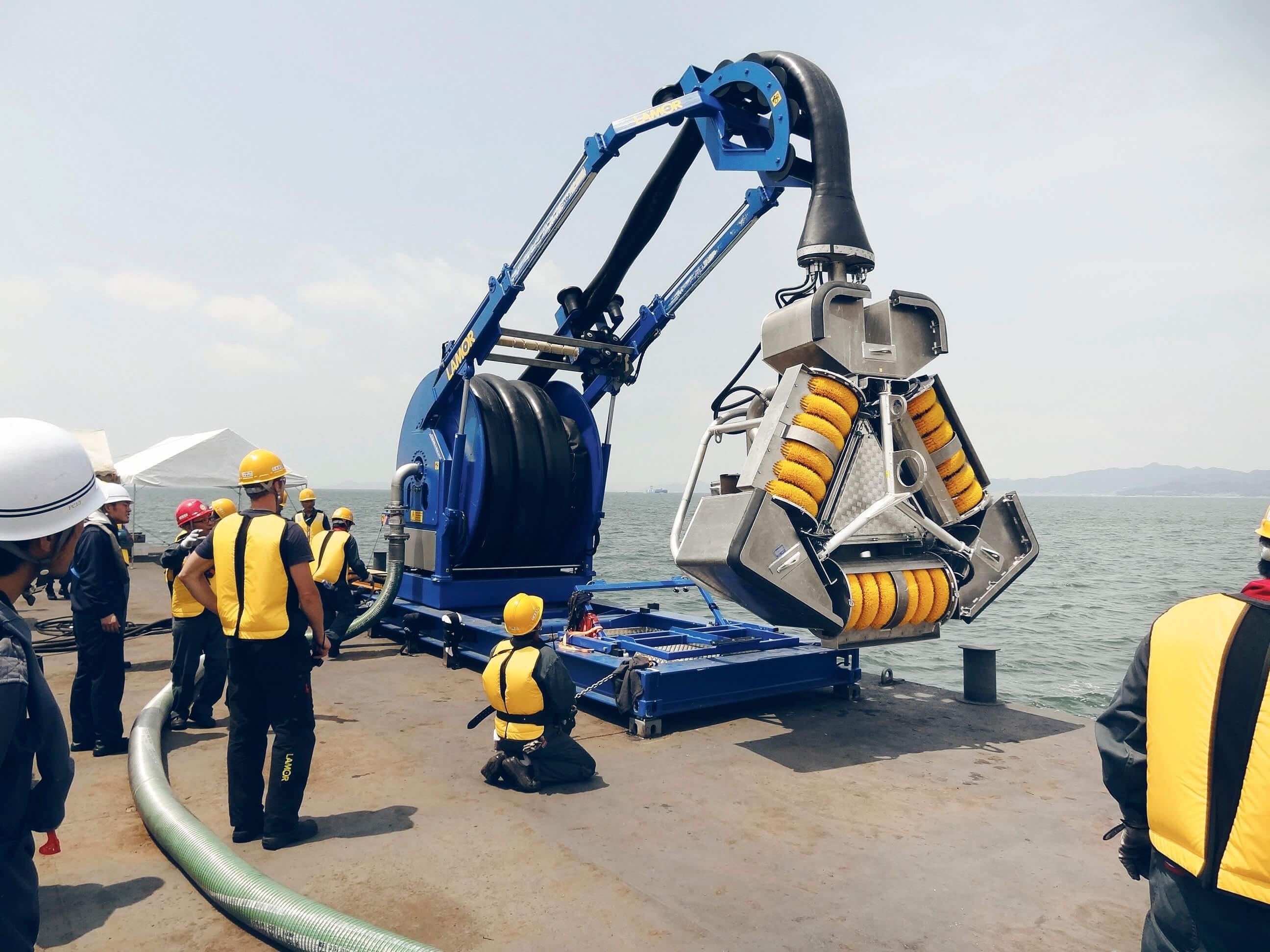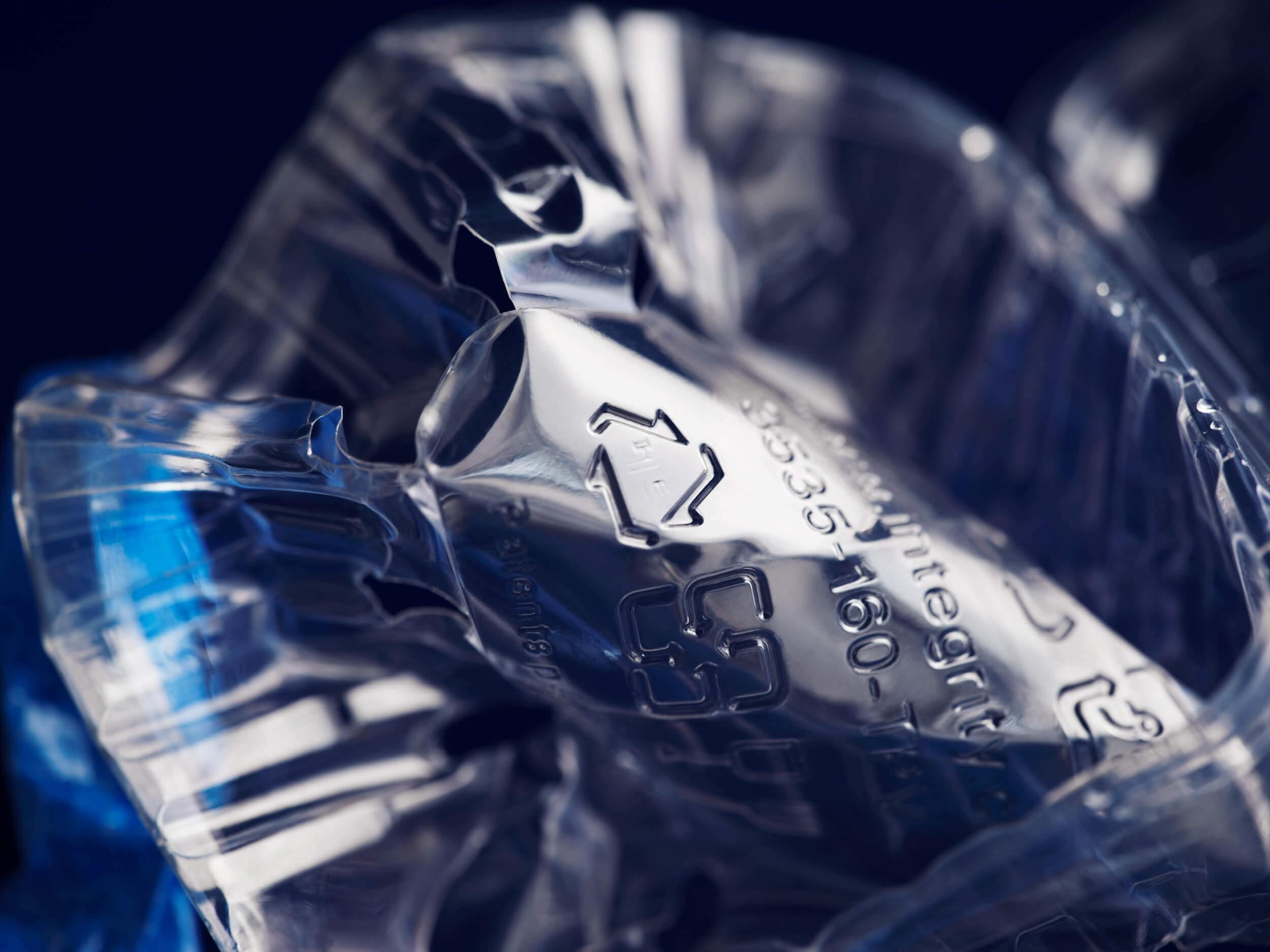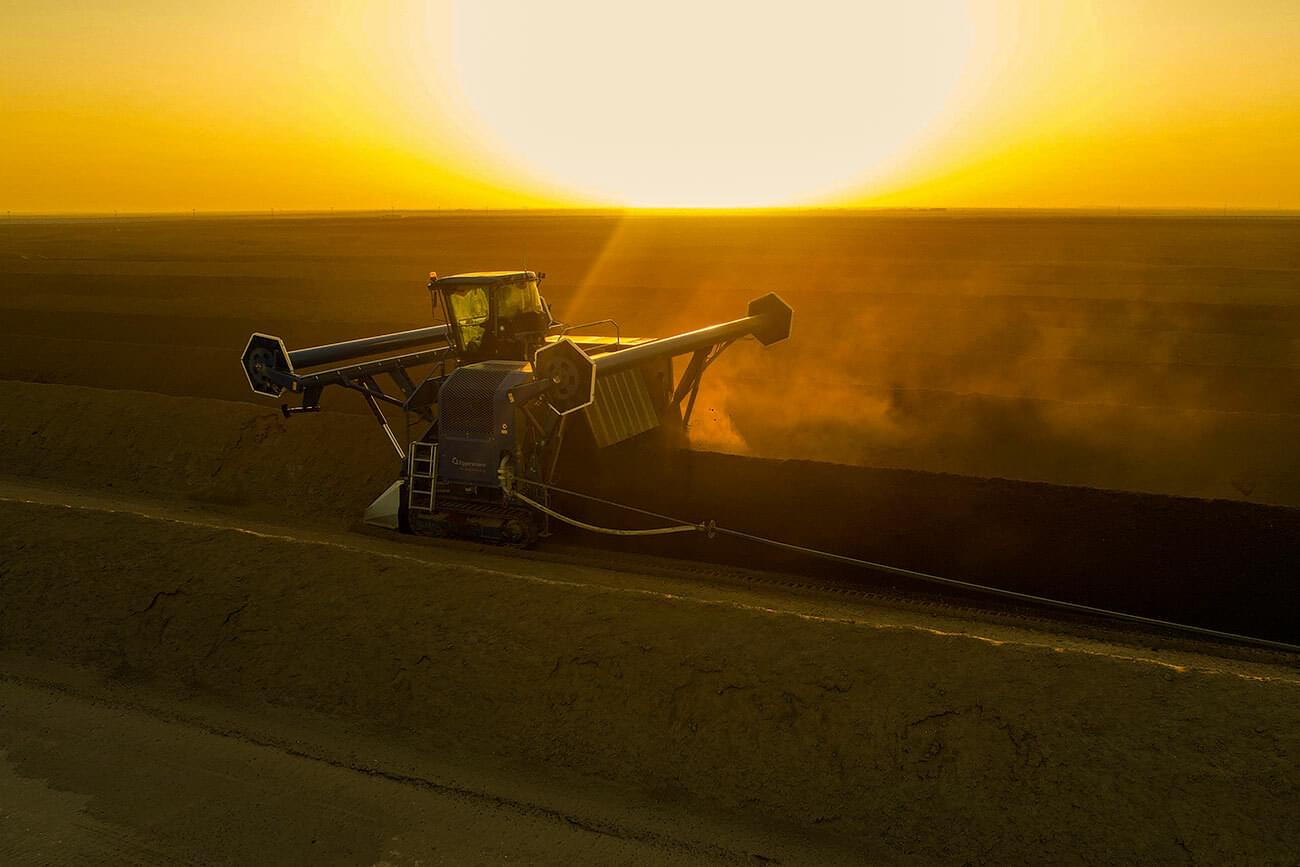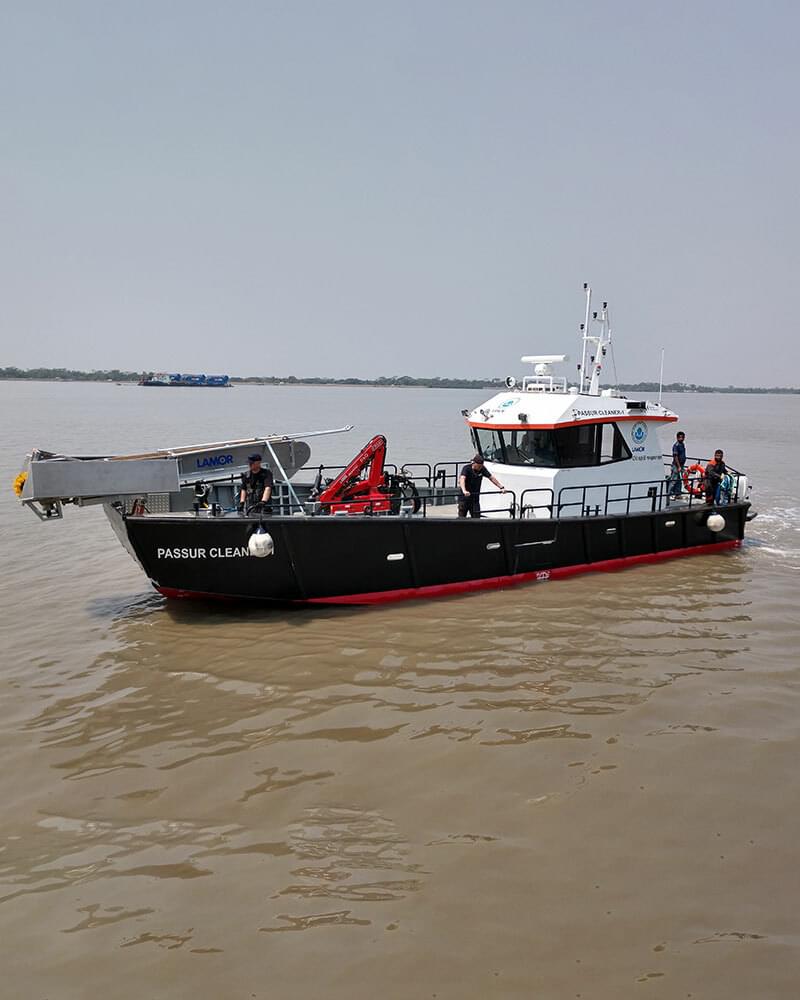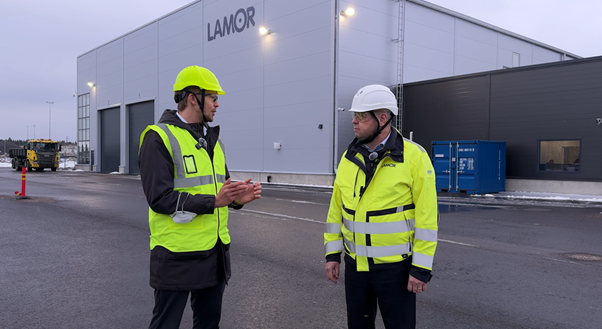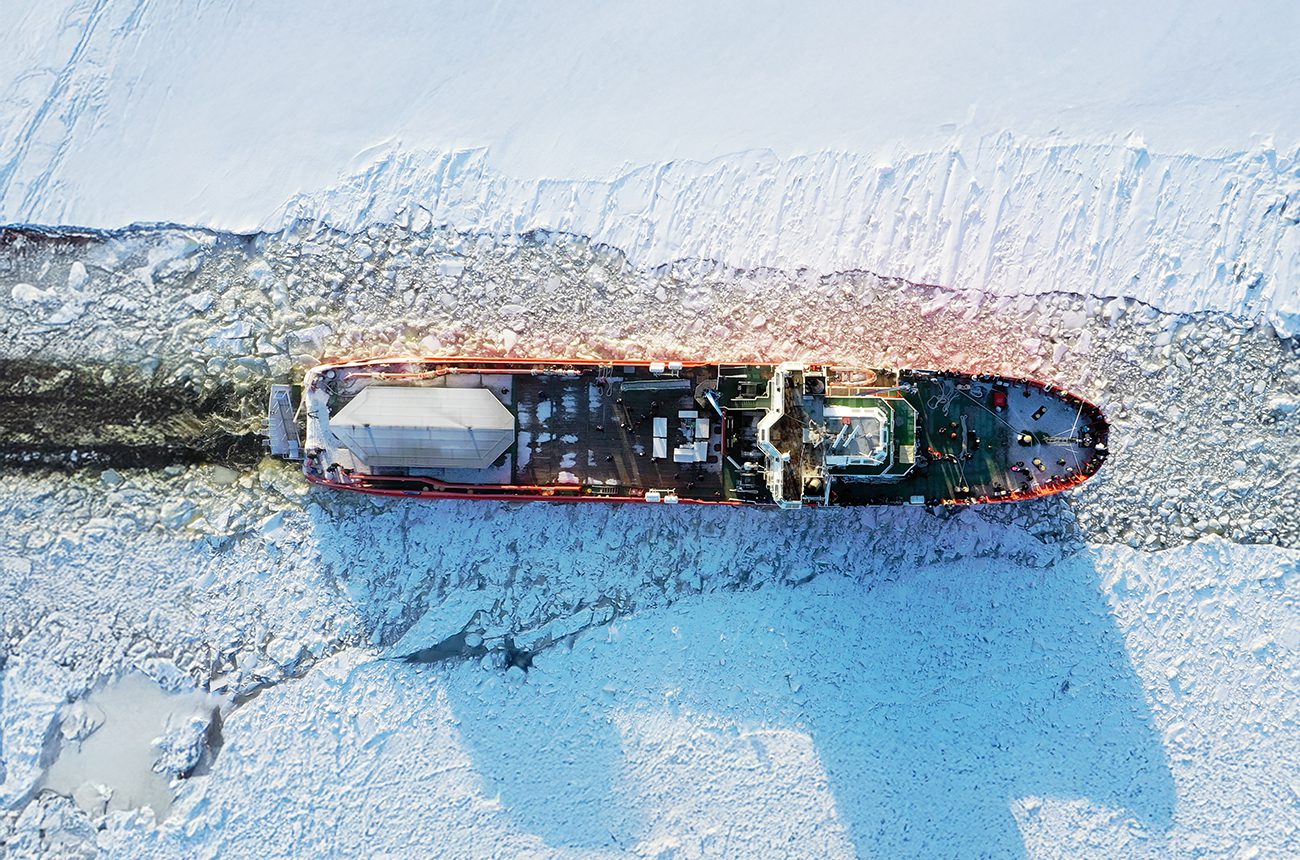Lamor booms improving fish farms sustainability and profitability in Malta
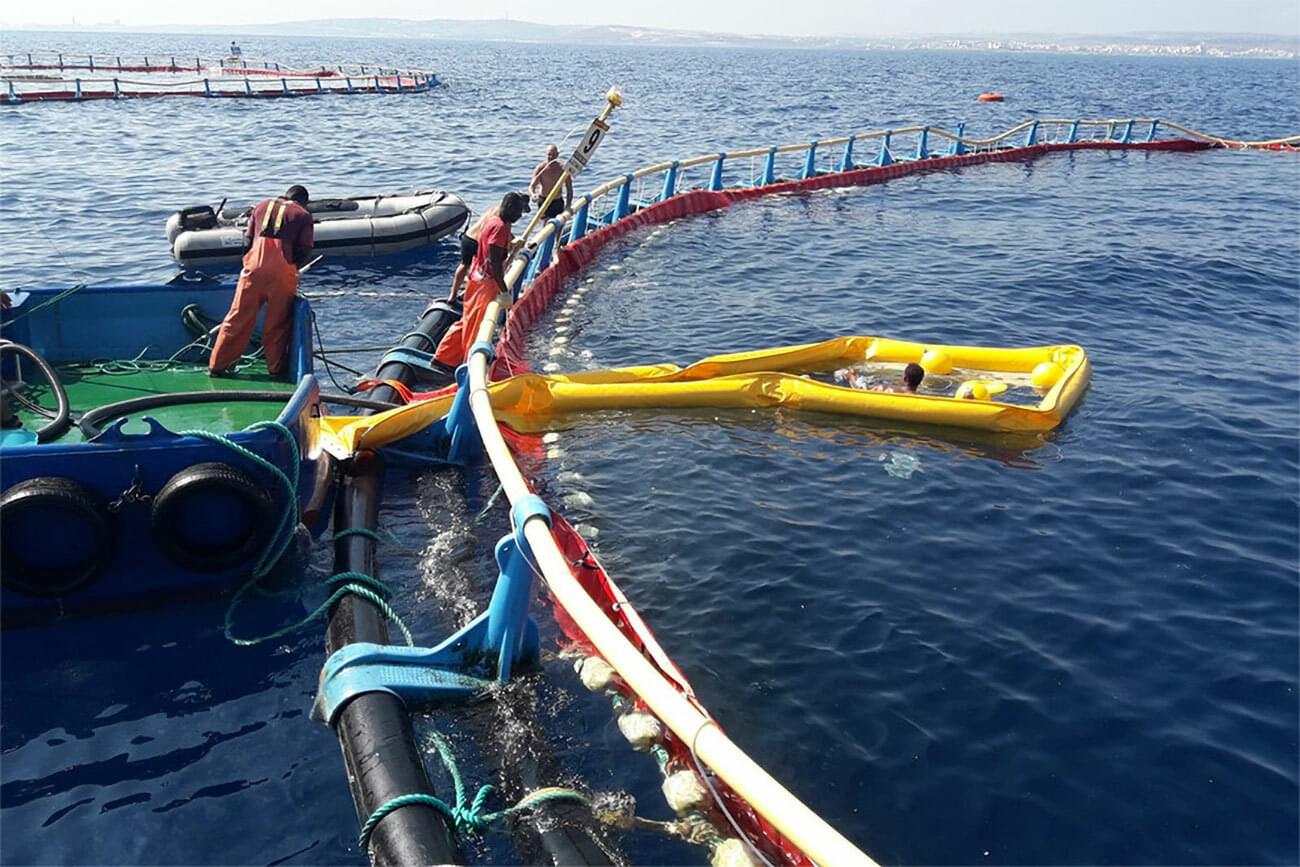
Lamor's innovative solution of using booms to control oil spills is now being applied to the aquaculture industry. The challenge faced by many fish farms is preventing oily waste from floating away and polluting nearby areas. Lamor's sturdy booms are now preventing this by keeping the waste together, efficiently managing it and protecting the environment. This solution is also increasing the profitability of fish farms by providing a new income source through the sale of the oily residue that is contained and recaptured by the booms.
Challenge
To prevent oily residue from floating away and polluting nearby areas, many fish farms feed their fish with food that contains oil and use booms designed to contain a different type of oil. Fish farms often generate waste that fish farmers want to prevent from floating away, including grease, faeces, uneaten food, and other biomaterials. Many fish that are commonly consumed are carnivorous, and fish farmers often feed them with prey fish, many of which are oily, such as herrings. When fish are fed this type of food, an oily residue is often left on the surface. If the wind and waves are favourable, this residue could end up on nearby beaches, causing annoyance to local residents, businesses, tourists, and politicians.
Solution
Lamor has been using booms to control oil spills for decades, and we recently considered the possibility of applying this expertise to aquaculture. Despite being very different industries, the wind, currents, and waves function in similar ways in both contexts.
After discussing the challenge with fish farmers, Lamor decided to develop a collection of booms for the specific needs of the fish farming industry. The basic concept is the same that is used in oil spill response: protect the environment and customers’ profits and reputation with a cost-effective investment. Lamor’s sturdy booms do this by keeping the waste together so it can be safely and efficiently managed.
A great example of this solution in action was off the coast of Malta. The tuna farmers feed their fish with oily fish from Northern Europe, but the residue ended up on a tourist beach. The tuna farmers use Lamor booms to keep the residue in one place before it is collected, protecting the nearby beaches and giving them a new income source by selling the oil.
“Lamor booms improve the sustainability of fish farms by preventing oily waste from polluting nearby areas and increasing profitability through the sale of contained oily residue. Lamor contributes to a more sustainable and profitable aquaculture industry,” says Petri Vänskä, Director of Material recycling technology at Lamor.
Impact
Lamor booms are improving the sustainability of fish farms by preventing oily waste from polluting nearby areas, protecting the environment and avoiding annoyance to local residents and businesses. The booms are increasing the profitability of fish farms by providing a new income source through the sale of the oily residue that is contained and recaptured by the booms. The use of Lamor booms is contributing to a more sustainable and profitable aquaculture industry.
Stay in the know
Sign up for our newsletter to learn more about innovations enabling the survival of our dear planet.



